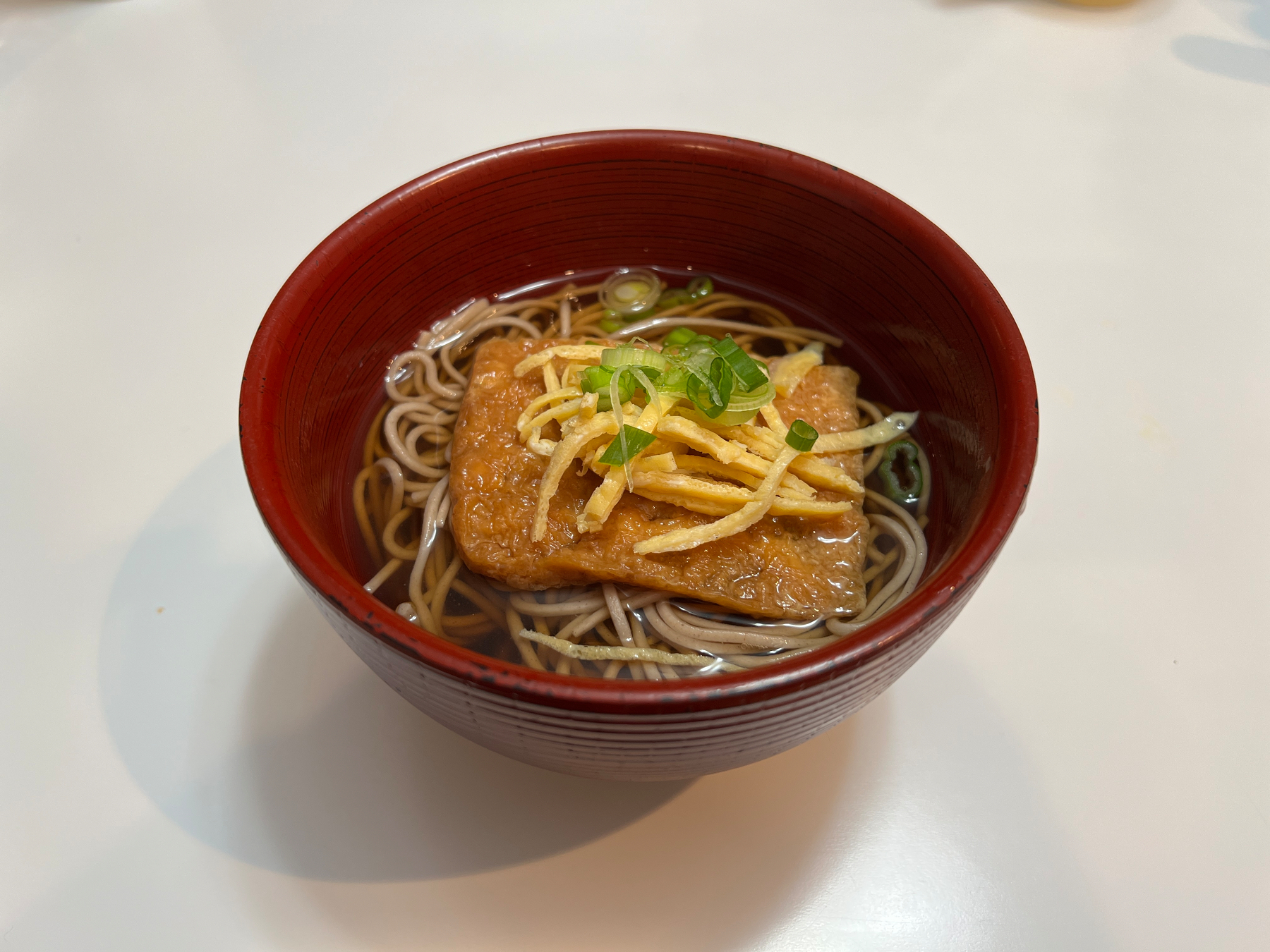Ooooh! Massive list of #opensource events. Will need to parse and integrate into my own list of conferences for 2026
Ooooh! Massive list of #opensource events. Will need to parse and integrate into my own list of conferences for 2026

A People’s History of Computing in the United States 📚
Ch3 (41%) BASIC becomes the people’s language. Meant for networked computing and timesharing, easy to mod and fork… much easier than FORTRAN which biz uses and less likely to share programs… READ MORE →
Damn! Riz Ahmed is brilliant and this looks intense
Every time I am at the grocery store standing in front of a glass case waiting 5 mins for someone to come unlock a stick of deodorant, I reflect that we went from family-run neighborhood shops who knew your kids, to impersonal big box stores, to every customer being criminalized. 😔
I am testing out Hardcover as a book tracking and journaling app this month in my 2026 journey to get off of Goodreads for once and for all. If you are using it, HMU I need to find more peeps to follow to test it properly! https://hardcover.app/@chadkoh #books

Started A People’s History of Computing in the United States by Joy Lisi Rankin 📚
Tracking progress and chapter updates in Hardcover as a test this month: hardcover.app/books/a-p…
#books #amReading

Finished Orbital by Samantha Harvey 📚
Like the novelization of a David Attenborough film on the planet. Gorgeous meditation on the fragility of the planet, and of people. Lovely. Audio was great, but I can see myself picking up the text and reading again much closer in the future.
#Reading #Books
Wife surprised my anime loving daughter with the hotel upon arrival in Tokyo 😄

Listened to half of this today: Orbital by Samantha Harvey 📚
Very poetic and introspective so far.
At Vancouver International Airport. Just dropped off my wife and older kid who are doing a Mommy-Daughter trip to Japan. Meanwhile I will be single-dadding it here in Canada. Good luck to us all! 🍀

My old friend I met in Tehran 22 years ago came over and we ate Japanese New Years food, Xmas cookies baked by my daughter, then chips & homemade guacamole, all the while catching up and talking about going to the local Korean Spa. Feel lucky to live here 😊
Okay, it is that time of year again where I look for a Goodreads replacement 📚. Would love if it worked on atproto. I need organizing (shelves, lists, or tags), progress tracking (pages, %), the ability to post chapter notes, and cross-posting to Micro.blog/Bsky/Mastodon. Send me your reccos!
明けましておめでとうございます
新年おめでとうございます🎊㊗️
今年もよろしくお願いします🎍
from the west coast in Canada 🇨🇦
New Years Noodle Time 🎊🍜
#年越しそば

The last post of the year is up, so here is the last Newsletter of the year.
Now back to end of year cleaning 🧹🧽
Notable reads, watches, and questions for the year
Scrolling through all the #Kohaku commentary from last night. I miss the live back chatter on New Year’s Eve in Japan. All this is out of context.
Could probably make an app that displays posts in sync with the show based on time stamps. But then I wouldn’t get to participate in the snark! 😔
After a flood we plant trees so their root systems join to protect the vulnerable area. The key to resilience is local relationships. Come to our meetup for meetup organizers and let’s build a resilient community together. 🌲🤝🌳
#vancouver #events #communitybuilding
For a couple of years we kept a very small apartment in Kyoto for monthly visits while we were taking care of my parents-in-law. The rent was cheaper than getting a hotel each time, and my parents stored stuff there which justified the expense. The apartment was on the very edge of southwest Kyoto in a neighbourhood called Rakusai Newtown, a housing project started in the 1970s for the families of men working in the factories of West Kyoto.